As the page turns invited me to join in this in depth reread. I'm very excited because I've been wanting to do this for awhile. It's taken me a while to get this together but hopefully these will come out more regularly.
Chapter 1: The Boy Who Lived
I can remember picking up this book (though it was of course an US version) in the summer between my Sophomore and Junior year of High School. My Biology teacher knew how much I liked to read and couldn't believe I'd never read the Harry Potter series. She arrived at my doorstep four days after school let out with her box set of the first four books and said I was not to give them back to her until school started, when I had her for another class. Could anyone have said no to that? So I figured, I'd read them quick and at least answer truthfully I'd read them. See, I didn't buy into the hype.
In four days I'd read all of them. By the end of the week, I'd read them again. By the end of the summer, I'd read them four times apiece and could barely return them to her.
All of this was to explain to you what won me over: this chapter. I've long considered this to be one of the best introductory chapters I've ever read. Within only a few pages, we are moved from the mundane world we know (though it takes place in England, Rowlings keeps things very generic) to the threshold of a new and strange one. Do we get an info dump? No. Everything moves smoothly and we don't really understand much but we know enough. So that when chapter two opens with Harry completely in the dark, the reader is in the position to know that more is going on. For the rest of the series we learn about the world with Harry but for this moment, we know just a bit more.
Stuff I noticed and figured out:
- Bonfire Night = Guy Fawlks night. Didn't know that before
- Stopping here, I felt just a twinge of sympathy for the Dursleys. Now that's completely eroded by what they will do in the future. But with what we know now, you can't help but think about the ordered life and the curve ball sitting on their very step.
- Does nobody question Dumbledore leaving a child (one that presumably can move around and get into mischief) on a doorstep? I mean really. Discounting that fact that he's a Headmaster and McGonagall's a teacher (which makes this worse IMO), this is a stupid idea and I don't care how old or powerful he is. Say something!
- Of course, the motorbike is Sirius Black's, who we know is very connected with Harry.
- Dumbledore doesn't fear Voldemort; Voldemort fears Dumbledore. = D doesn't fear death; V fears death. I'm not sure where I'm going with this but I just noticed this parallel this time around.
Spoilers for whole series
This is my first reread since the final book came out. And Dumbledore's insistence on saying You-Know-Who's name really bothered me. We had the idea hammered into our heads that fear of the name increases fear of the thing itself. And I completely agree. Especially when facing evil, you don't sugarcoat it and give it a pretty name. Call it what it is. Face it and conquer it. Letting that rule you is basically handing your freedom of speech over without even a whimper.
But with the last book, we learn that Voldemort knows when he's name is spoken and sends his Death Eaters to kill anyone who does so. First, I have to give him the applause due him, this is a great scare tactic. But not everyone is as powerful as Dumbledore. While I still stand by what I said above and truly believe people in the Wizarding World should have said his name, you have to be smart about it. Aurors could have used this as a trap. That would have curtailed it quick. But for the average person...that's a choice they have to make. And when you're family is the one who will pay, I can't say what's the right answer. So many people have and are making this choice and it galls me a bit that he would ignore the issues the average wizard has to deal with.
(show spoiler)
On the reading front, I read my UK version (yes, I do own the first five in the UK version rather than the Scholastic - I don't like changing such hard to understand Britishisms as Moterbike and Sherbert Lemon) and then listened to the wonderful Jim Dale audiobook. Not only did it help me pick out the differences but how I read things versus how he did helped me rethink things.
-------------------------------------------------
Sorry if this is a bit rushed. I've had most of this disappear twice - when Booklikes went down and then when my computer decided to shut off for no reason - so I'm going to post it before anything else happens.
As the page turns post on Chapter One: here.
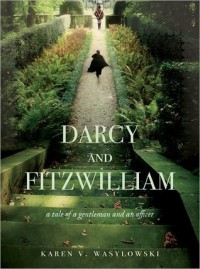
 12
12
 1
1





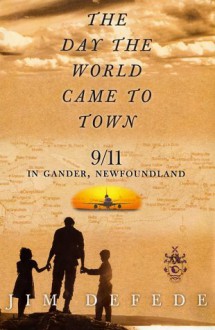



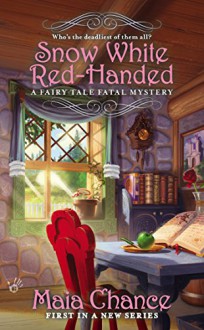



















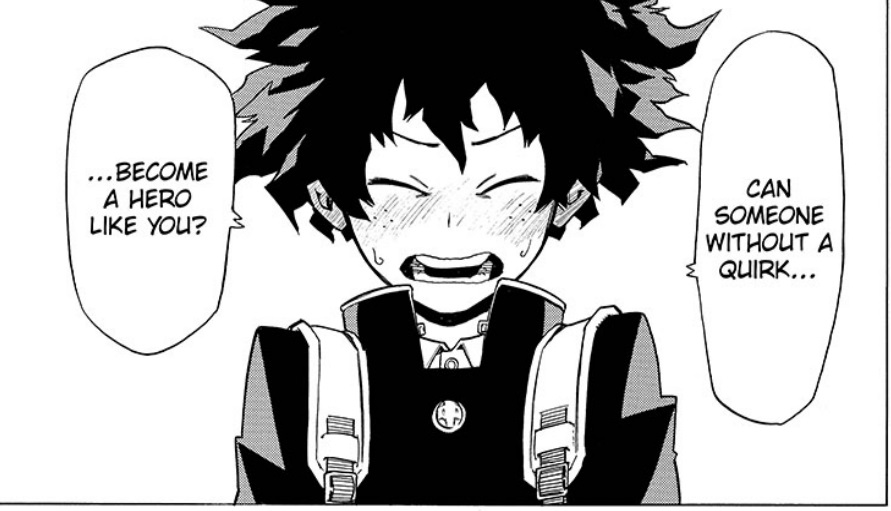

 Err. I don't really know what to say about this book. Really.
Err. I don't really know what to say about this book. Really. come at the rise in interest of murder during the Victorian times (and slightly before) from a romantic, almost poetic view. The author framed the cases, many of them the exact same ones covered by Lucy Worsley in The Art of the English Murder, around Thomas de Quincy. It was an interesting take...but I never seemed to reach the point of it all.
come at the rise in interest of murder during the Victorian times (and slightly before) from a romantic, almost poetic view. The author framed the cases, many of them the exact same ones covered by Lucy Worsley in The Art of the English Murder, around Thomas de Quincy. It was an interesting take...but I never seemed to reach the point of it all.

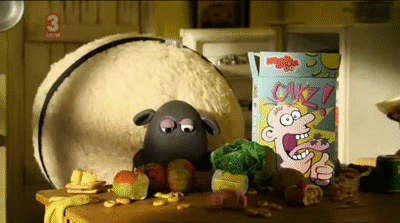 extremely funny, with great characters and crazy hi-jinks. My favorite character has to be Shirley. Containing everything from pop culture references (particularly in the movie) to invading Alpacas, you never know quite what's going to happen. There is no real dialogue besides baas, other animal noises, and grunts from the farmer but they don't need it. The faces and situations tell you everything.
extremely funny, with great characters and crazy hi-jinks. My favorite character has to be Shirley. Containing everything from pop culture references (particularly in the movie) to invading Alpacas, you never know quite what's going to happen. There is no real dialogue besides baas, other animal noises, and grunts from the farmer but they don't need it. The faces and situations tell you everything.












